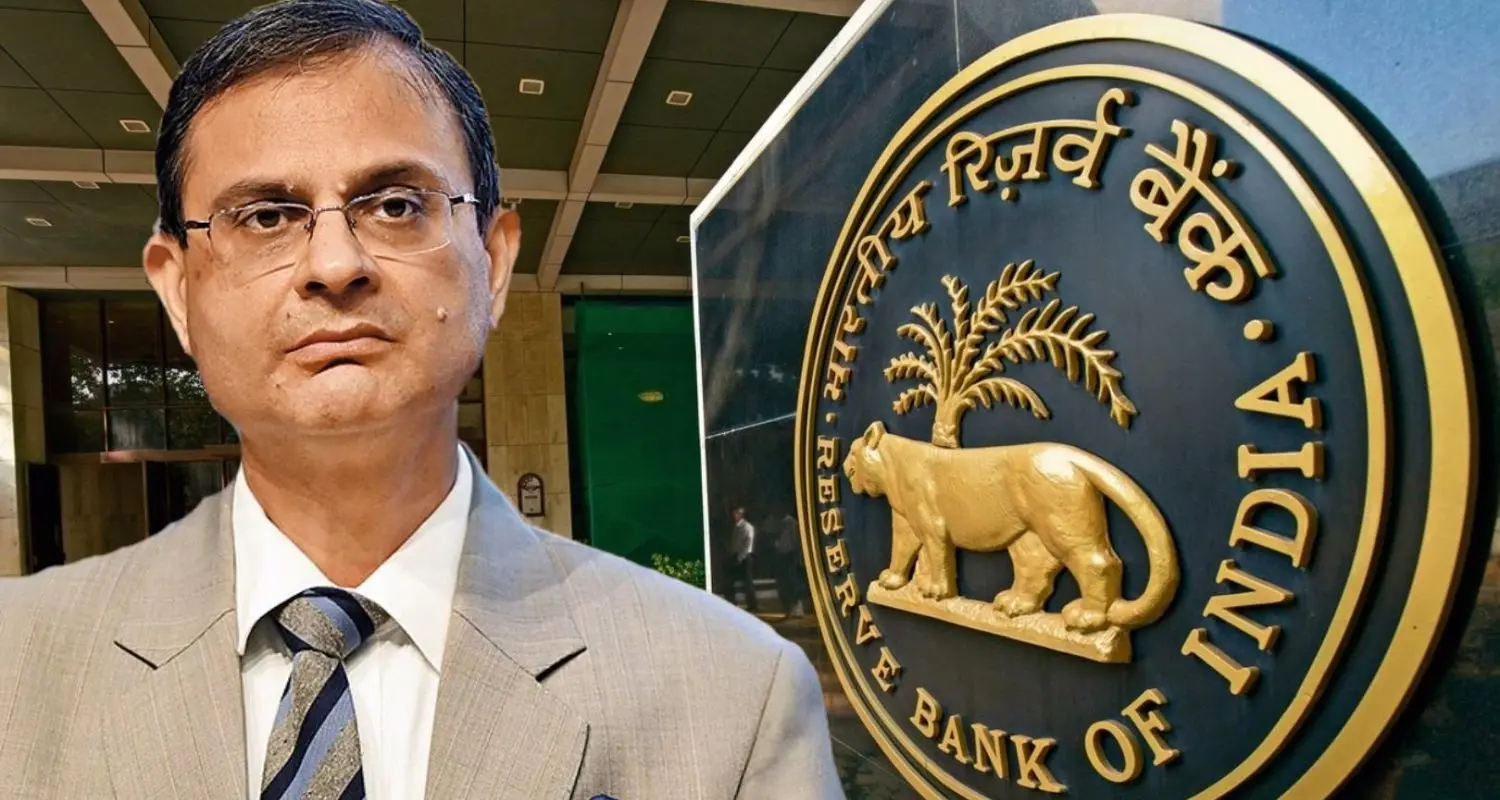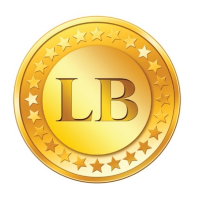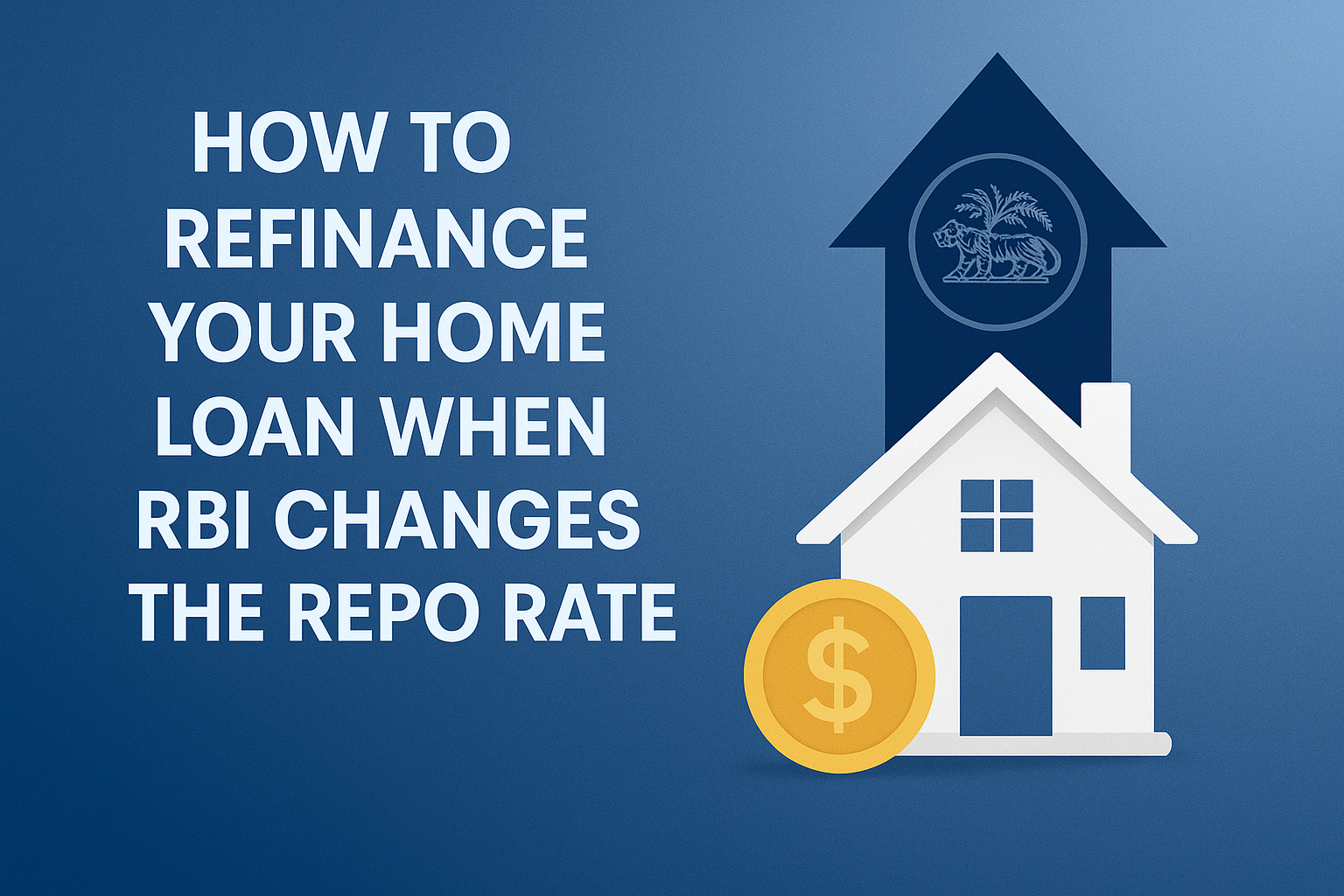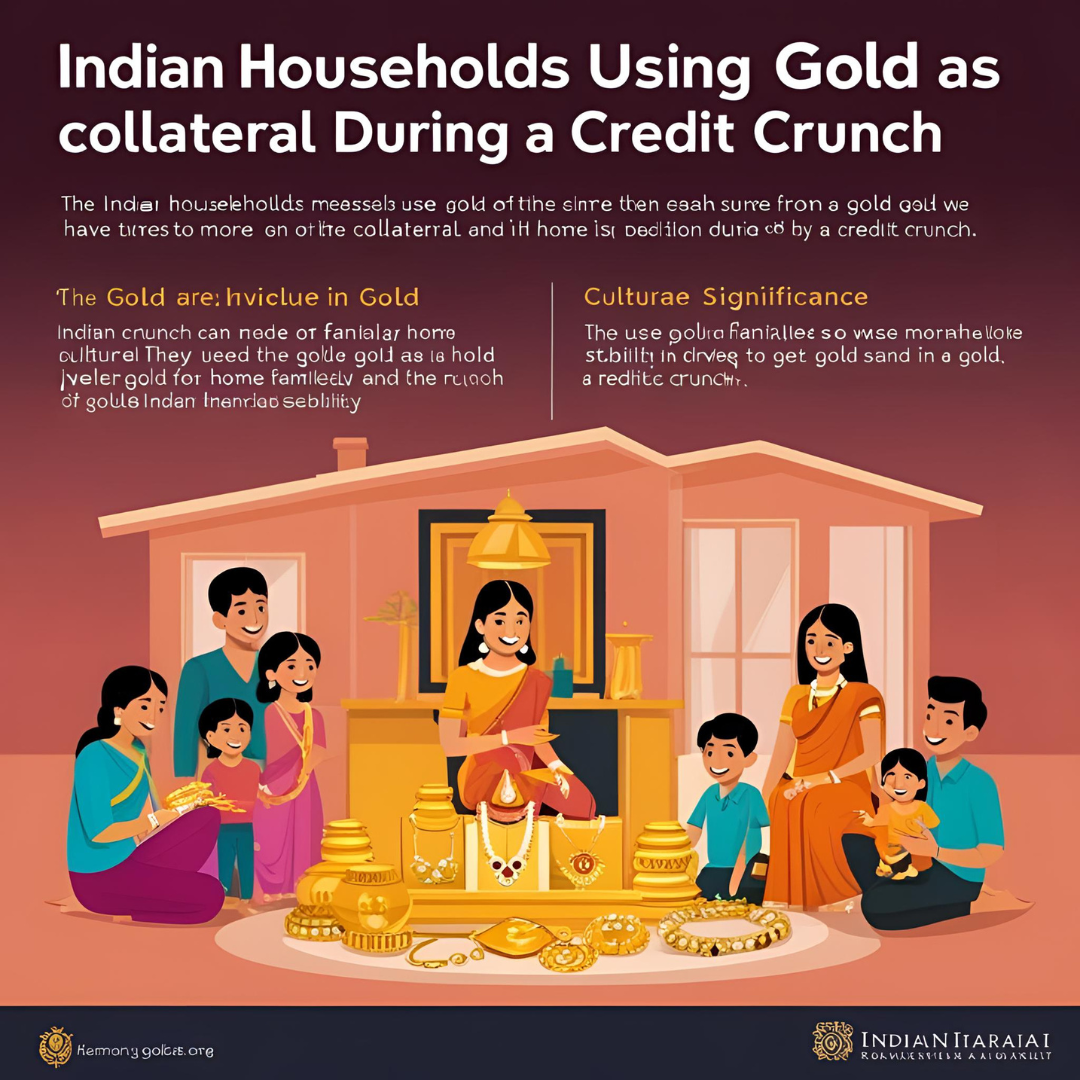With Tariff Pressures Mounting, a 50 Bps Rate Cut by the RBI on April 9: A Strategic Move?

As global economic pressures continue to affect India, rising tariff costs are one significant concern for businesses and consumers. Rising inflation, fluctuating commodity prices, and the ongoing uncertainty in international trade compound these pressures. In light of these challenges, many experts speculate that the Reserve Bank of India may respond with a 50 basis point (bps) rate cut on April 9, reducing the repo rate to 6%. This potential move would come at a critical time, as the RBI aims to balance inflation and stimulate growth.
The Role of the Repo Rate in Economic Stability
When the RBI adjusts the repo rate, it impacts borrowing costs across the economy. A lower repo rate typically translates into reduced interest rates for loans, including home loans, business loans, and consumer credit. For consumers, this often means lower Equated Monthly Installments (EMIs), while businesses can benefit from cheaper financing costs.
Given the current economic scenario, the RBI's decision to cut the repo rate by 50 bps could be seen as a response to mounting tariff pressures and a broader effort to boost the economy. By lowering borrowing costs, the RBI would encourage spending, investment, and consumption—critical drivers for the Indian economy in these challenging times.
The Impact of Tariff Pressures
The imposition of higher tariffs, both domestically and internationally, has been one of the most pressing issues for Indian industries in recent months. The government’s push for 'Atmanirbhar Bharat' (self-reliant India) has led to an increase in all domestic production costs. However, supply chain disruptions and geopolitical tensions have further inflated costs for businesses. These factors are contributing to higher costs for both producers and consumers, leading to inflationary pressures.
The RBI has been walking a fine line between managing inflation and supporting economic growth. The central bank has been working hard to bring inflation within its target range, but rising tariffs could potentially make this task more difficult. By lowering the repo rate, the RBI can help reduce the cost of borrowing, giving businesses some relief in terms of financing costs and potentially mitigating the impact of higher production costs.
What to Expect from the RBI's Rate Cut
If the RBI follows through with its expected 50 bps rate cut, the immediate effect could be a reduction in interest rates across various sectors. Banks may pass on the rate cut to consumers and businesses, resulting in lower EMIs on home loans and cheaper business financing options. However, the long-term impact will depend on multiple factors, including inflation trends, global economic conditions, and the effectiveness of the government’s economic policies.
The rate cut will also send a signal to the market that the RBI is committed to supporting economic growth, even in the face of external pressures. Whether or not it will fully mitigate the impact of rising tariffs remains to be seen, but it will likely provide some relief to consumers and businesses.
Conclusion
As the RBI contemplates the 50 bps rate cut on April 9, the move is widely seen as a strategic response to mounting tariff pressures and other economic challenges. While the decision may not resolve all the issues facing the Indian economy, it will certainly provide some much-needed relief. With lower borrowing costs, the economy may gain the momentum needed to weather the current storm, making this rate cut a crucial step in India’s path toward sustainable growth.
Explore More Articles for Valuable Insights:
RBI’s Moves in the New Priority Sector Lending Norms to Benefit Homebuyers
Comprehensive Guide to Different Types of Home Loans in India – Loan Bazaar
RBI's Likely to Cut Rates by 25 bps
Note: IndiBlogHub features both user-submitted and editorial content. We do not verify third-party contributions. Read our Disclaimer and Privacy Policyfor details.







